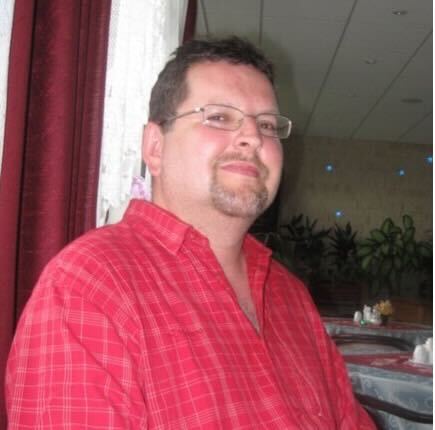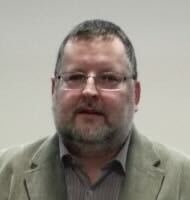EU Code Week celebrates 10 years of innovation and learning in Hungary

EU Code Week is an annual initiative that aims to bring coding and digital literacy to the widest possible audience by making it more accessible to people across Europe and beyond. Organised by volunteers and supported by the European Commission, it consists of a series of activities held in various locations throughout the year. This year marks the tenth anniversary of Hungarian schools’ involvement with EU Code Week, which is a good time to reflect on its impact, with insights from Zsolt Jánossy, a full-time Physics teacher in the Gödöllői Török Ignác High School on the outskirts of Budapest.
Hungary joined the EU Code Week movement in 2014 as one of the first nations marking its inaugural participation with the astonishing figure of 53 events its first year,. Since then, there has been a steady rise in interest and engagement. By 2023, the number of events surged to 1,743, indicating a growing enthusiasm for coding and digital skills. During this time Hungary always ranked in the first 20 countries on the scoreboard of the Code Week events.

Zsolt Jánossy’s journey with EU Code Week 10 years ago, having been involved in different Code Week activities for years and becoming Code Week Ambassador in 2023. His background as a Physics teacher liaises with his passion for digital education have come with the development of learning materials at different levels and works also as a Digital Advisor for education. He is also involved with the organization of Digitális Témahét (Digital Project Week), a national initiation promoting project pedagogy supported by digital technology.
Focus on inclusivity and community engagement
At Gödöllői Török Ignác High SchoolGödöllői in Budapest, Zsolt affirms that “our efforts are focused on teaching Physics using digital technology: smartphones, computer and robots”. In 2023, they even extended invitations to children from nearby institutions, fostering inclusivity and community engagement.
The objective of the Code Week community in Hungary following Zsolt words is “we are trying to make algorithmic thinking, coding and the development of digital competencies more popular and available for all people, even in the most remote corners of Hungary”. He teaches over a hundred students every year in activities related to the EU Code Week, but thousands more are involved in the programme developed in Hungary.

For him, the greater milestone achieved as a Code Week teacher and ambassador was organizing the first Code Week Conference in Hungary and he finds very enriching the whole European community built around it, “in Brussels I managed to find great colleagues with a lot of experience, and became part of an international network. It would be a challenging task to work together with colleagues on international projects”.
Zsolt encourages other teachers and educators to join Code Week in Hungary because he is “doing something essential for the future success of your students may make your professional career complete and perfect”. In his own words, it is a demand as “we live in a century when technology is rocketing, the demands from society and the job market are changing rapidly”. For him, there is no other option than joining the Code Week community in the future of education.
Read also:
- Hungarian businessman to own one of Romania’s largest telecoms companies
- Number of young Hungarians using ChatGPT surprisingly high – UPDATE
Source:







